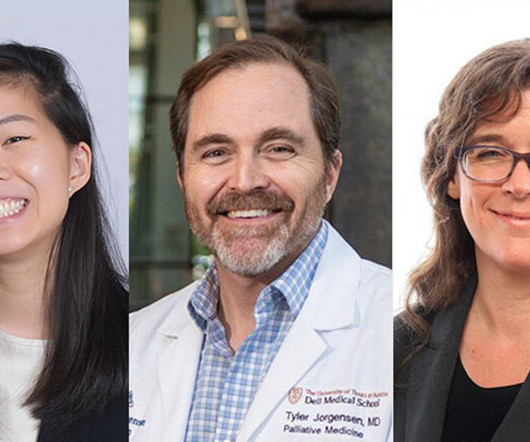What Are the Most Common Preventive Services? A Complete Guide
Mesa Family Physician
MARCH 13, 2025
For residents of Mesa and the surrounding East Valley communities, staying current with recommended preventive care can lead to better health outcomes and reduced healthcare costs. In Arizona’s climate, skin cancer screenings are particularly important given our high sun exposure.












Let's personalize your content